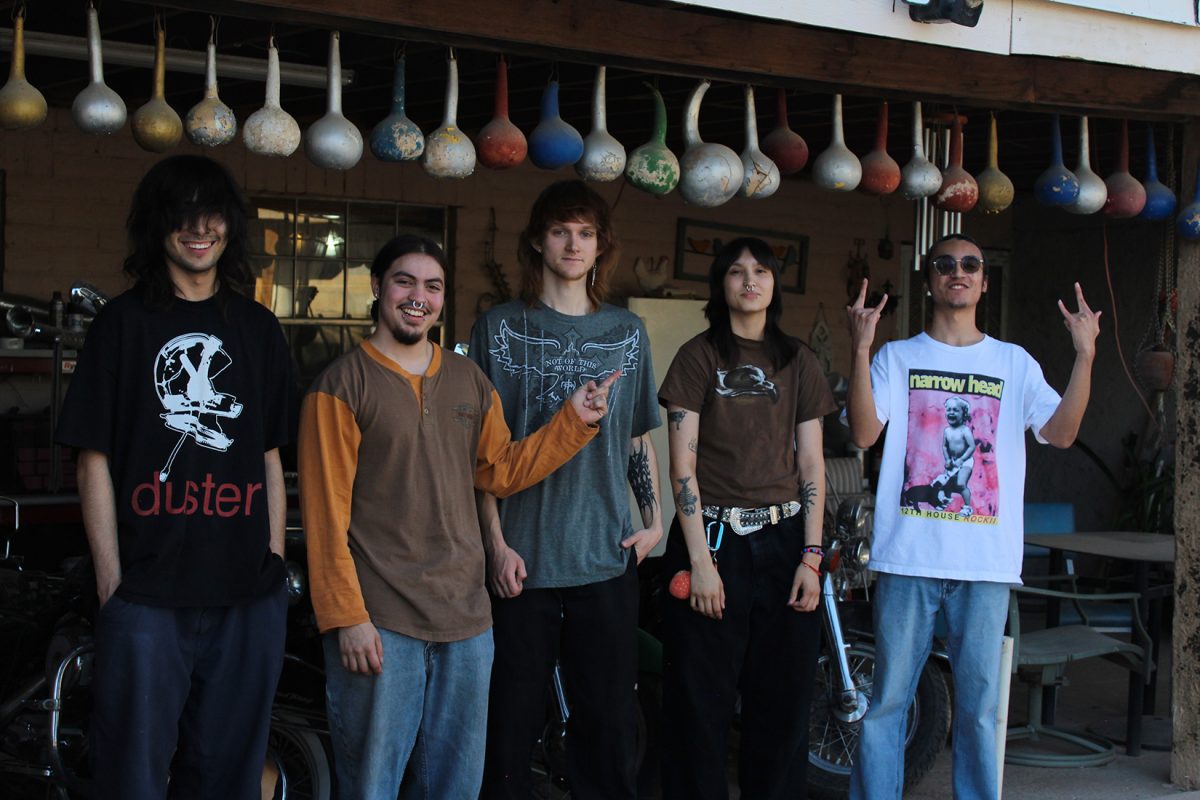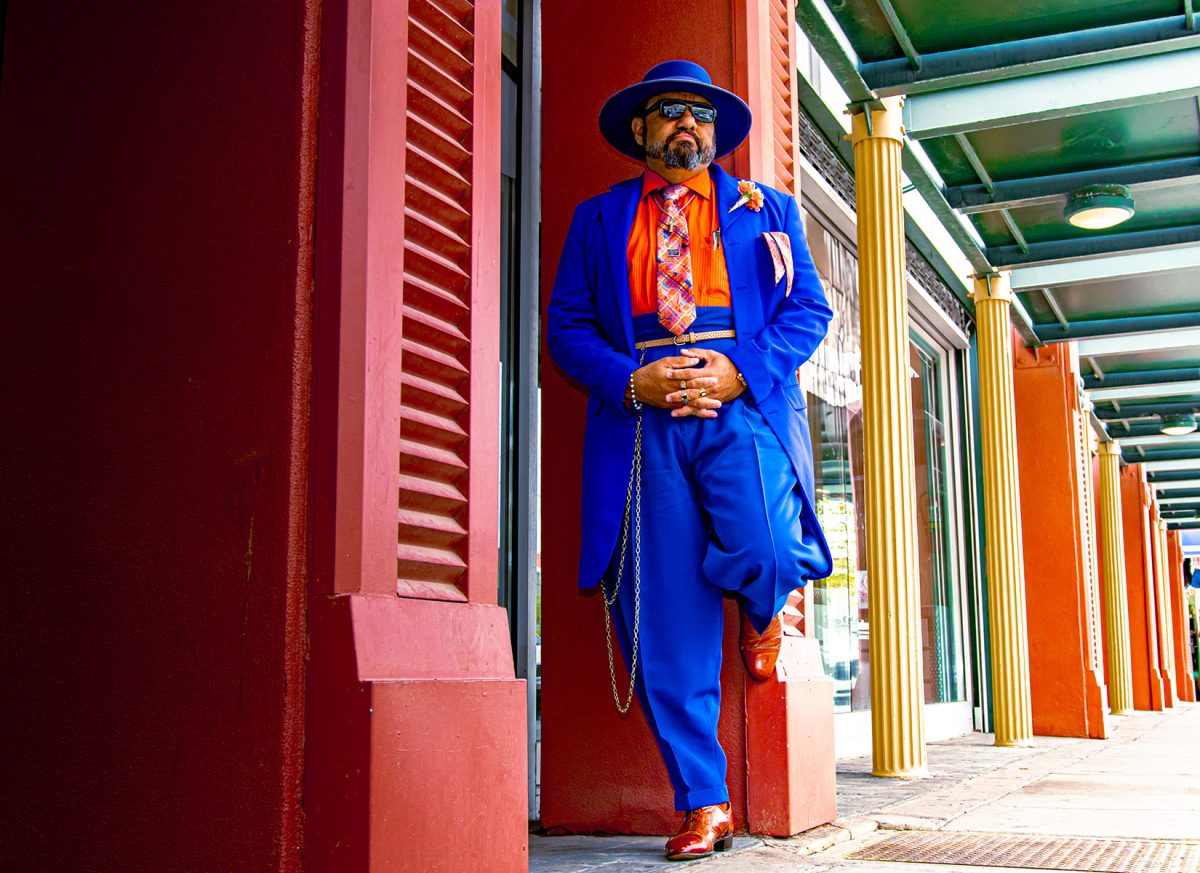From former Denver Broncos quarterback Peyton Manning talking about Papa John’s being the best pizza on the planet to actor Matthew McConaughey starring in commercials for Lincoln, celebrity endorsements flood today’s advertisements.
Musicians and artists—particularly rappers—have recently become the entertainers who are getting a lot of attention in the commercial market. The juxtaposition of having these rappers, who front a hard outer shell, yet endorse various different brands, can be paralleled with the rise of popularity of hip-hop into radio music.
It’s difficult to pinpoint what hip-hop artists forwarded these endorsements, but nonetheless, they have always been brands or commercials in their sort of field. For example, Kendrick Lamar’s sneaker collaboration and endorsement with Reebok, which, in fact, had an anti-gang violence message behind the ad campaign.
Up until now, rappers had never really pushed the boundaries of consumerism and were not really shown in everyday commercials for things like candy, snacks, drinks or fast food. However, now it seems that the advertising marketers from more day-to-day large companies are collaborating with rappers as they did in the early 2000s with both big names and newer artists. It’s odd to see a rapper, who is a Soundcloud artist that gives away music for free, go off and sell his or her name for endorsements.
The most surprising one is Vince Staples, who is currently starring in different Sprite commercials. If you know Staples, the rapper out of Long Beach, Calif., you know he’s against doing just about anything that could be perceived as corny. He’s released over five mixtapes independently before signing to Def Jam, which was a surprise on its own since he was very anti-label on the come up.
Now, Staples is leading the way among five other rappers in Sprite endorsements. Even though he officially signed with the company at the top of the summer, Sprite featured Staples last year on a short internet bit to talk about music.
One could perceive it as an ironic marketing scheme since Staples has spoken about it in such an obtuse way. In the commercial, he makes no effort to look like he’s enjoying Sprite, make Sprite look appealing or make the commercial appealing, which makes the ad humorous. At the end he even says, “Product is important, make sure they see that logo right there (pointing at the Sprite can). Sprite! The commercial’s over.”
Tons of Staples’ fans went onto Twitter and took shots at the rapper, saying things like he “sold out” or that he is “a puppet for a corporation.” Whether he truly “sold out” to Sprite or not, it is definitely contrary to the artist’s behavior to do something like this.
But Staples isn’t the only one. In fact, Sprite is notorious for getting famous rappers in the game, as they did with Drake in the early 2010s, but this time around, they chose to bring up-and-coming artists onto their team.
This summer, Sprite signed Lil Yachty, D.R.A.M., Vic Mensa, Kamaiyah and Kap G—all rappers who are gaining popularity entering the hip-hop world. Sprite made a deal to cover its cans and bottles with the respective artists’ lyrics. Sprite’s movement is called “Summer Sprite Cold Lyrics Series,” and while in the previous years Sprite had used older artists’ lyrics, this initiative is focusing on future rappers in the game.
Another independently released rapper who’s been all over commercials is Chance the Rapper with Kit Kat chocolate bars. The rapper has made his three solo projects free to the public and has become infamous for his recent work, and he did a commercial with Kit Kat in 2016.
When the topic of collaboration comes into play it becomes more of a widely accepted culture since the artist is usually given more free rein and freedom on creating the product, whereas in a commercial, the artist usually has to adhere to a script, directors and writers behind the scenes.
Now what do all these rapper endorsements mean? Should any music fan care what a rapper does in his off time? Why are fans so adamant about this being a detriment to the integrity of music, when the artist is probably making more off commercials and endorsing brands than actual album sales?
Short answer, it depends. When artists who have already made 10s, maybe even hundreds of millions, seeing them in a commercial feels fabricated and cheesy at times.
One thing is for certain, Sprite’s new attempt to get these up-and-coming artists on board has definitely propped up the popularity for both the company and the artist, who are getting equal exposure.






